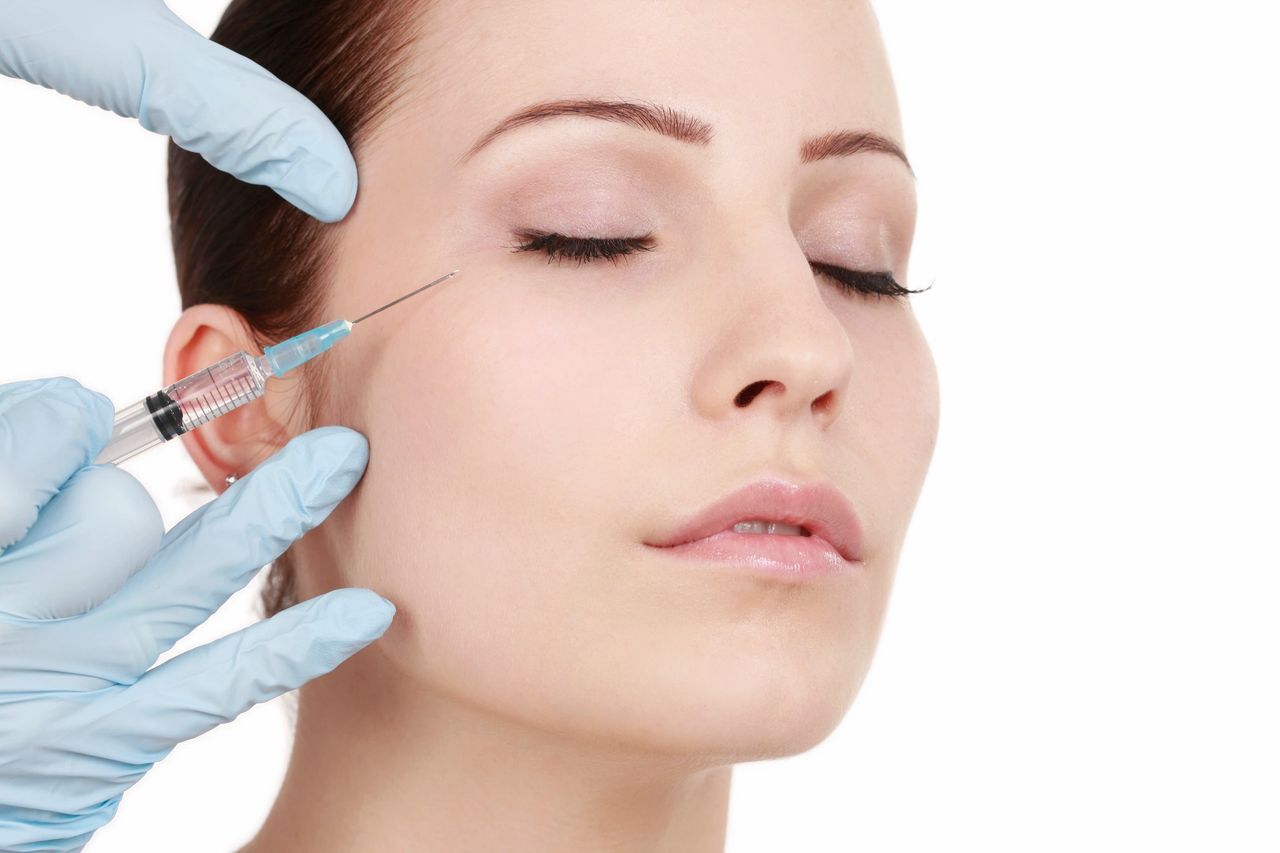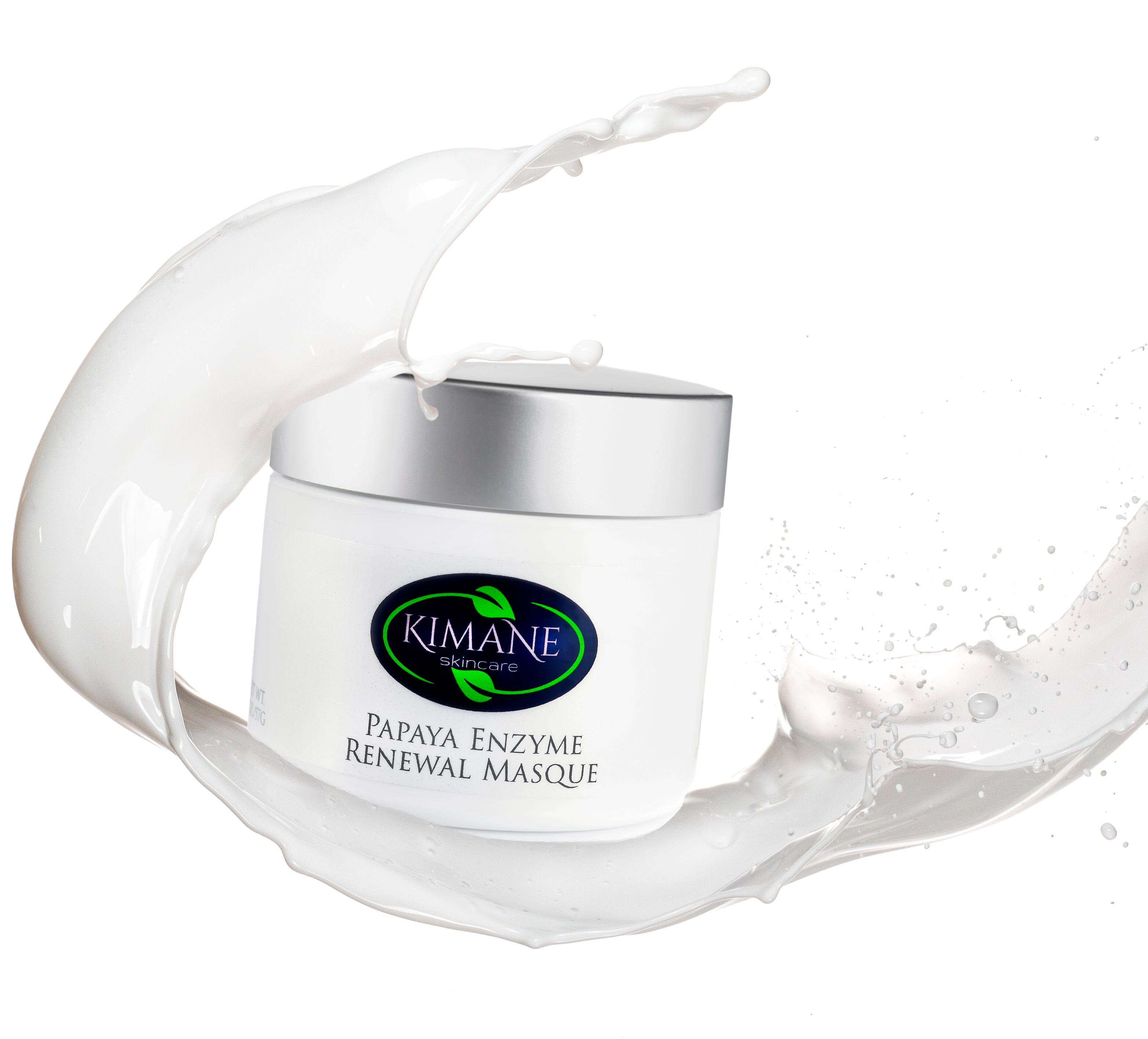
SENSITIVE SKIN - IS THERE RELIEF FOR SENSITIVE SKIN?
Simply put, sensitive skin hurts...
The American Academy of Dermatology reports that 50% of the United States population experiences some form of sensitive skin. Globally, it is of increasing concern, especially among women. While millions perceive their skin as sensitive, in reality, there is sensitive skin (a genetic trait) and there is sensitized skin: a growing phenomenon worldwide caused by increased exposure to pollution, stress and chemicals.
Regardless of the classification of skin sensitivity versus sensitization, the common thread among these conditions is inflammation. Paired with the loss of skin's protective barrier, skin health is compromised and becomes highly reactive.
Immunogenic Inflammation
Triggered by the immune system, skin inflammation is caused by a foreign substance such as pollen or artificial fragrances.
Neurogenic Inflammation
Triggered by the nervous system, sensitized or inflamed skin may be the result of the environment, chemicals or physical and emotional stress.
Loss of Protective Barrier
Excess exfoliation, exposure to soap and water, even psychological stress can compromise the skin's protective barrier, lowering tolerance against potential stressors resulting in sensitization and irritation.
How Can I Help Relieve My Sensitized Skin?
Lifestyle choices are crucial to promoting a healthy skin condition. Minimizing sun exposure, reducing stress levels, taking care to preserve our skin's natural protective barrier, along with a healthy diet will undoubtedly have a positive effect on the health and appearance of the skin. The good news is that sensitized skin can be treated. The bad news is that, left untreated, the skin's response can actually result in permanent cellular damage, which can lead to serious skin conditions. And, even with the most diligent attention to detail, the skin may become sensitized.
When specific active botanical extracts are combined, they can help control inflammation and reduce the signs of sensitivity, irritation and redness that accompany immunogenic and neurogenic inflammation without interrupting the positive effects of the body's defenses including wound healing and bacterial defense.
Proper Treatment For Results
A combined effort of the right products, the right treatments and awareness of inflammation and redness triggers will help manage your skin condition.
- Start with a consultation with a professional skin therapist, trained to assess your skin condition and prescribe a treatment and home regimen.
- Schedule a professional skin treatment, will help minimize triggers and relieve redness and discomfort associated with sensitization.
- Your skin therapist will prescribe a calming, gentle and anti-inflammatory skin care routine to help minimize redness, inflammation and discomfort.
- Never use hot water when cleansing and don’t use excessive or aggressive movements when applying products.
- Note what may trigger the ruddy, red reaction in skin: artificial fragrances or colors, artificial sweeteners, even spices can make skin flush.
- Take note of hormonal shifts, physical exertion, even alcohol and tobacco consumption as potential inflammatory triggers.


